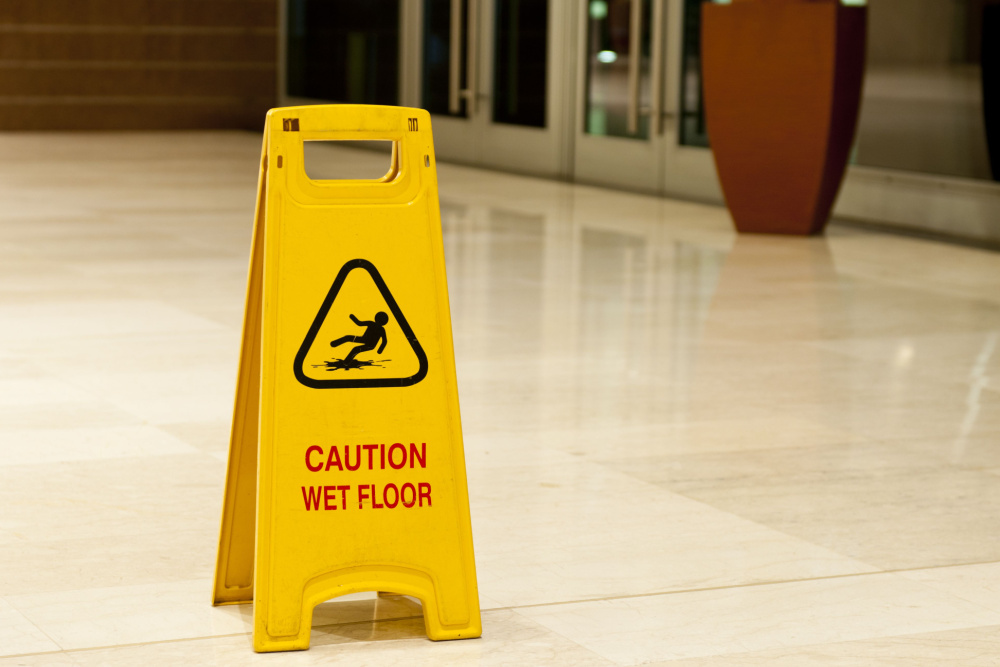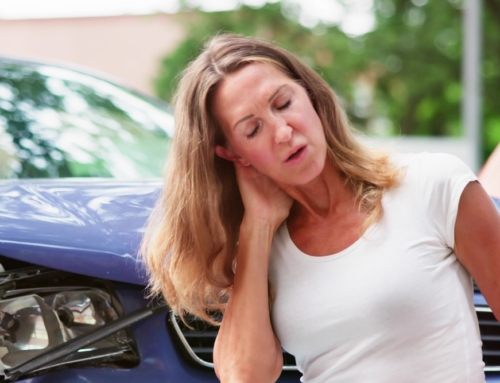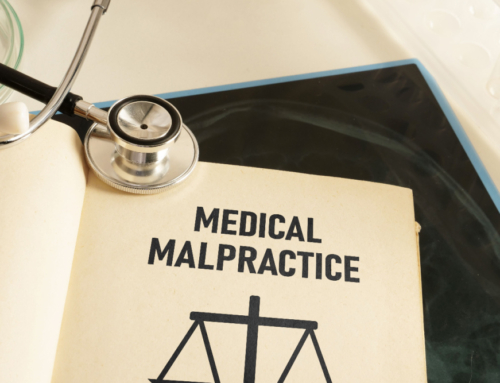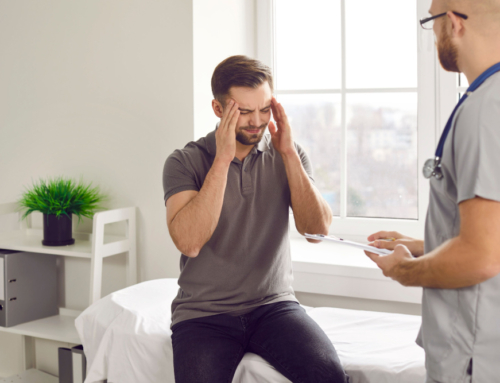Premises liability is a legal concept that primarily deals with accidents that occur due to unsafe or defective conditions on someone’s property. Under this branch of law, property owners (including homeowners, businesses, and government entities) are responsible for injuries that occur on their property due to their negligence. This responsibility is not absolute; however, the owner must have been aware or should reasonably have been aware of the condition and failed to correct it to be liable.
The principle behind premises liability is that property owners should make a reasonable effort to ensure their property is safe for visitors. Whether it’s a slip and fall case, an injury from a falling object, or an assault due to inadequate security, premises liability covers a broad spectrum of accidents. Understanding the nuances of this liability is crucial for anyone who gets injured on another’s property, as it directly impacts the ability to seek compensation for injuries sustained.
Why Premises Liability Matters
Premises liability is significant because it ensures a legal framework that protects individuals from harm on another’s property, compelling property owners to maintain a safe environment. This area of law serves as a critical reminder that negligence has real consequences. For victims, premises liability provides a pathway to recover damages, including medical expenses, lost wages, and pain and suffering.
This field of law also incentivizes property owners to manage and rectify potential hazards proactively. It creates an environment where safety is a priority, reducing the risk of injury for everyday people. For businesses, maintaining a safe property can prevent costly lawsuits and uphold their reputation, fostering trust and safety in their relationships with customers and employees.
Identifying a Premises Liability Case
Several elements must be demonstrated to establish a premises liability case: the existence of a hazardous condition, the property owner’s knowledge of the hazard, a failure to address or adequately warn about the hazard, and a direct link between the hazard and the injury sustained. Identifying these elements can be complex, and not every accident on a property will result in a viable premises liability claim.
For instance, if someone spills water in a supermarket and a customer slips and falls seconds later, the store might not be liable because there was insufficient time to address the hazard. Conversely, if the spill was ignored for several hours, the situation changes, significantly increasing the store’s liability. This distinction highlights the importance of timing and knowledge in such cases.
The Role of an Attorney in Premises Liability Cases
Hiring an attorney specializing in premises liability is crucial because these experts understand the specific legal standards and evidentiary requirements needed to build a strong case. They can navigate the complex legal pathways and negotiate with property owners’ insurance companies, who often aim to minimize their payouts. An experienced attorney will know how to gather the necessary evidence, such as surveillance footage, maintenance records, and witness statements, which are pivotal in proving negligence.
Moreover, a specialized attorney can effectively quantify the damages and argue for a fair settlement, considering both the current and future impacts of the injury. Legal representation is invaluable in complex cases, such as those involving multiple liable parties or severe injuries, where the stakes and potential compensation amounts are high.
Choosing the Right Attorney
Selecting the right attorney for a premises liability case involves several considerations. Look for a lawyer with a track record of handling similar cases successfully. Client testimonials, case studies, and the attorney’s reputation in the legal community can provide insights into their capability and dedication to their clients.
It’s also important to choose an attorney with whom you feel comfortable communicating. A good lawyer will make you feel understood and ensure that you are informed about every step of the legal process. This relationship is crucial, as personal injury cases can sometimes be lengthy and emotionally taxing.
Conclusion
Premises liability is a complex area of law that underscores the importance of property safety and provides a means for injured parties to receive compensation. Understanding your rights and the intricacies of such cases is crucial, and having the right legal expert by your side can make all the difference in the outcome of your case.
If you or someone you know has been injured on someone else’s property, it’s essential to act quickly to protect your rights. Contact Payas, Payas, and Payas today to discuss your case with a premises liability expert. Our experienced team is ready to help you navigate through this challenging time and work towards securing the compensation you deserve.








